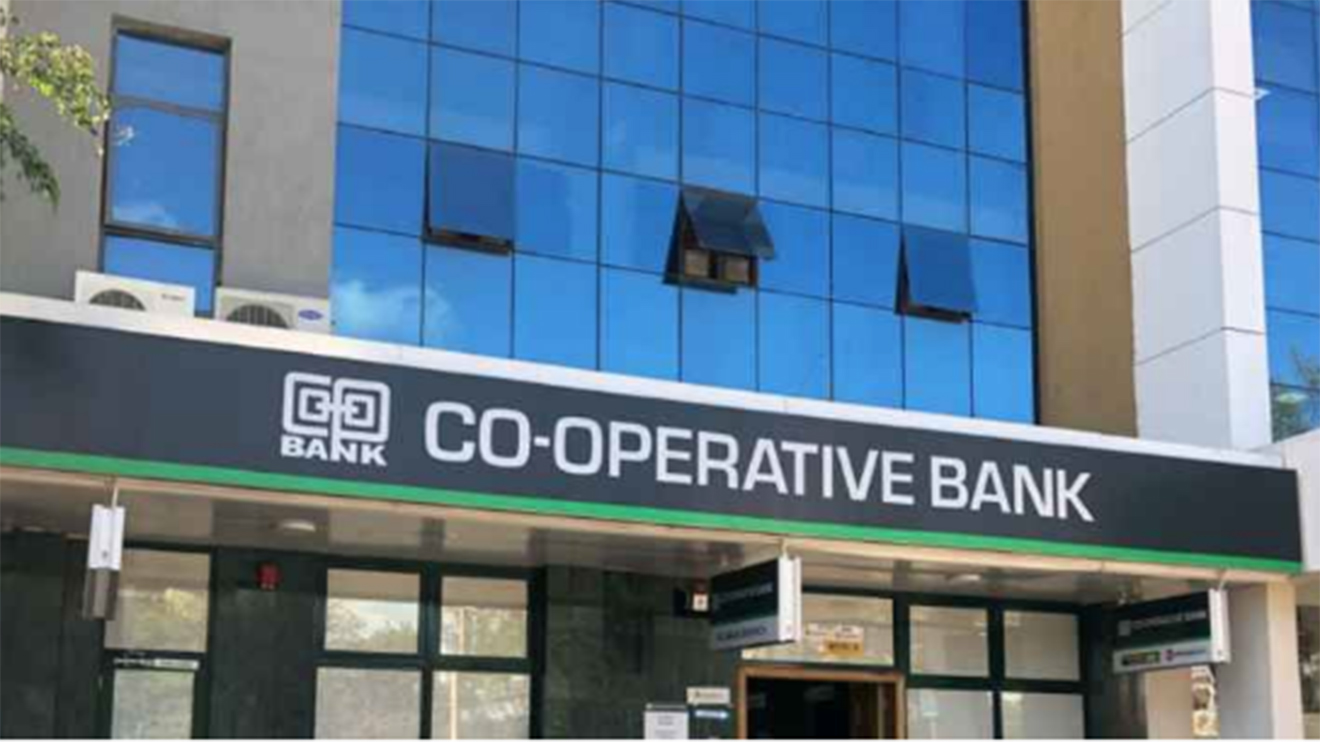Co-operative Bank of Kenya has achieved a significant milestone in the financial world, surpassing the once-leading KCB Group to become the second most valuable lender on the Nairobi Securities Exchange.
This remarkable development comes as KCB Group grapples with a steady decline in its share price, leading to a pivotal shift in the hierarchy of Kenya's listed banks.
Co-op Bank's stock price remained steady at Sh11.85, resulting in a market capitalization of Sh69.5 billion.
This accomplishment marked the first time the institution had overtaken KCB, creating a noteworthy gap of Sh2.3 billion between them.
In stark contrast, KCB's share price witnessed a sharp decline of 4.78 per cent on Thursday, ultimately settling at a new 52-week low of Sh20.9.
Read More
This decline translated to a reduced market value of Sh67.1 billion for KCB.
The bank's share price descent has accelerated in recent weeks, following reports of diminished earnings and a surge in provisions for loan defaults in the first half of the year.
At the onset of the year, KCB had a market value that exceeded Co-op Bank's by an impressive Sh52.2 billion.
However, KCB's descent to the third position was marked by a substantial loss of Sh56 billion in paper wealth since the year's inception.
In stark contrast, Co-op Bank experienced a much milder decline of only Sh1.4 billion during the same period, attributing its resilience to having one of the lowest share price volatilities among publicly-traded banks in the country.
Equity Group, despite losing Sh34.3 billion in value over the review period, remains the most valuable bank on the Nairobi Securities Exchange, commanding a market capitalization of Sh135.6 billion.
At current levels, Equity's valuation nearly equals the combined market values of KCB and Co-op Bank.
The second-place position secured by the Co-operative Bank is expected to remain a point of contention, as industry observers closely monitor the performance of the two banks over the coming quarters.
The most significant alteration in shareholder paper wealth was observed at KCB, whose Chief Executive, Paul Russo, is in his second year of leadership and has been taking measures to address the legacy bad debt at the bank.
KCB reported a 20 per cent net profit drop in the first six months of the year, nearly tripling its provisioning for loan defaults.
Net profit decreased from Sh19.5 billion to Sh15.5 billion in the preceding similar period.
Operating expenses for KCB surged by 60 per cent to Sh50.61 billion, and provisions for non-performing loans increased 2.4 times, reaching Sh10.2 billion, up from Sh4.32 billion.


-1757663582.jpeg)

-1757586635.jpg)




